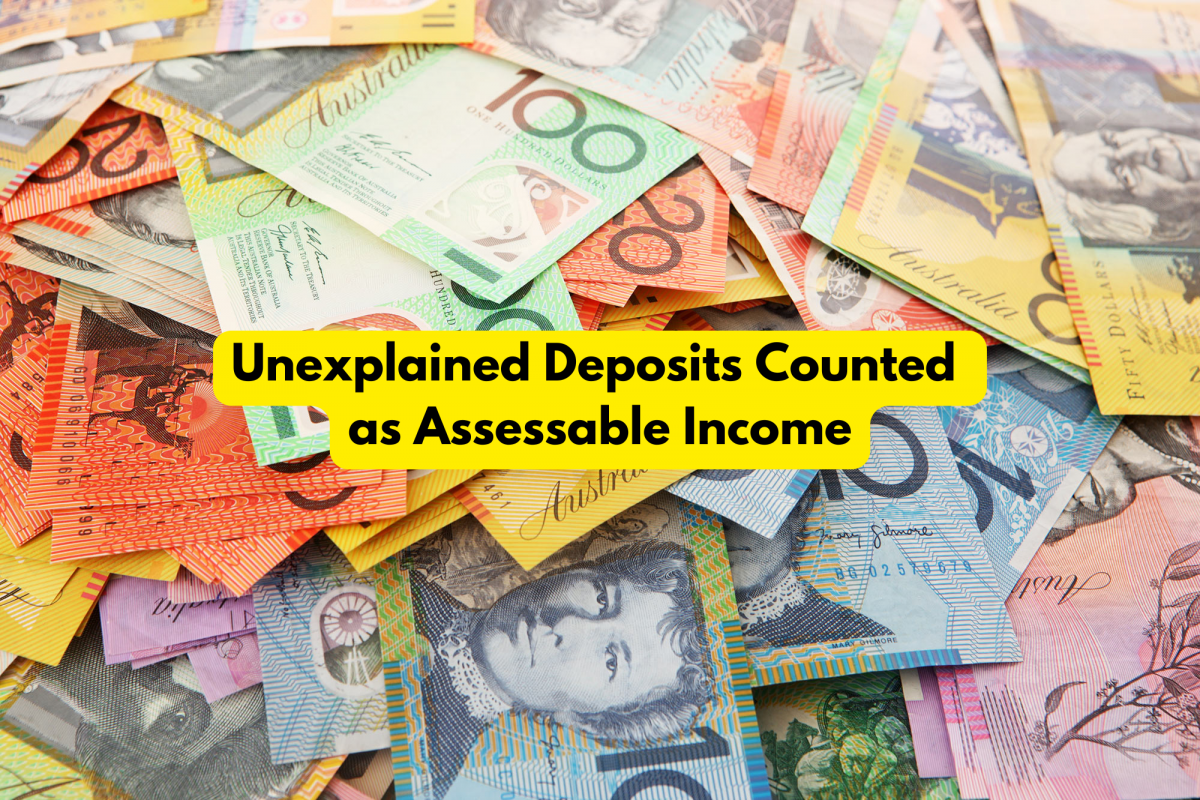The Full Federal Court overturned an earlier decision by the Federal Court in Commissioner of Taxation v Liang [2025] FCAFC 4. It ruled that unexplained cash deposits made into a trust should be treated as taxable income. This decision supported the Australian Taxation Office (ATO) in a dispute over whether the deposits should be taxed.
A married couple, Mr. Chen and Ms. Li (not their real names), operated several restaurant and takeaway businesses through two trusts. They also had a third trust for property investments. The couple controlled all three trusts, acted as trustees, and were the beneficiaries.
In 2017 and 2018, Ms. Li deposited $735,825 into the bank account of their property trust. This money was later used to buy real estate. When the ATO reviewed the deposits, it decided the funds should be included in the taxable income of the trust.
Since Mr. Chen and Ms. Li were entitled to receive income from the trust, the ATO also changed their personal tax assessments. This meant they had to pay tax on their share of the trust’s income. Additionally, the ATO imposed a 50% penalty for recklessness, arguing they failed to properly report the deposits.
The couple objected to the ATO’s decision and challenged it in the Administrative Appeals Tribunal (AAT). They argued that the deposits were either loans or financial help from their parents. However, the Tribunal was not convinced. There were no loan agreements or documents proving the funds came from their parents. Because of this, the Tribunal ruled the couple had not provided enough evidence to show the ATO’s tax assessments were incorrect.
The couple then appealed to the Federal Court, which ruled in their favor. The judge decided the deposits did not count as taxable income. The ruling explained that the money was not earned through business activities, investments, or profit-making ventures. Since the exact nature of the deposits was unclear, the judge concluded they should not be treated as taxable income.
However, the ATO appealed to the Full Federal Court, which overturned the earlier decision. The Full Federal Court explained that if a taxpayer wants to prove money is not taxable, they must provide clear evidence of its source and purpose. It is not enough to simply claim the funds were gifts or loans without documentation.
In this case, the couple only showed that Ms. Li physically deposited the cash into the trust’s bank account. They failed to explain where the money originally came from or provide a legal reason why the trust received it. Because of this, the Full Federal Court ruled the couple had not proven that the ATO’s tax assessments were incorrect.
As a result, the deposits were treated as taxable income, and the couple remained responsible for paying the additional tax and penalties.
This case highlights the importance of keeping proper financial records, especially when dealing with family or large cash transactions. Without clear documentation, taxpayers may struggle to prove the true nature of financial dealings, leading to unexpected tax liabilities.
Pitt Martin Group is a CPA accounting firm, providing services including taxation, accounting, business consulting, self-managed superannuation funds, auditing and mortgage & finance. We spend hundreds of hours each year on training and researching new tax laws to ensure our clients can maximize legitimate tax benefit. Our contact information are phone +61292213345 or email info@pittmartingroup.com.au. Pitt Martin Group is located in the convenient transportation hub of Sydney’s central business district. Our honours include the 2018 CPA NSW President’s Award for Excellence, the 2020 Australian Small Business Champion Award Finalist, the 2021 Australia’s well-known media ‘Accountants Daily’ the Accounting Firm of the Year Award Finalist and the 2022 Start-up Firm of the Year Award Finalist, and the 2023 Hong Kong-Australia Business Association Business Award Finalist.
Pitt Martin Group qualifications include over fifteen years of professional experience in accounting industry, membership certification of the Australian Society of Certified Practising Accountants (CPA), Australian Taxation Registered Agents, certified External Examiner of the Law Societies of New South Wales, Victoria, and Western Australia Law Trust Accounts, membership certification of the Finance Brokers Association of Australia Limited (FBAA), Registered Agents of the Australian Securities and Investments Commission (ASIC), certified Advisor of accounting software such as XERO, QUICKBOOKS, MYOB, etc.
This content is for reference only and does not constitute advice on any individual or group’s specific situation. Any individual or group should take action only after consulting with professionals. Due to the timeliness of tax laws, we have endeavoured to provide timely and accurate information at the time of publication, but cannot guarantee that the content stated will remain applicable in the future. Please indicate the source when forwarding this content.
By Angela Abejo @ Pitt Martin Tax

